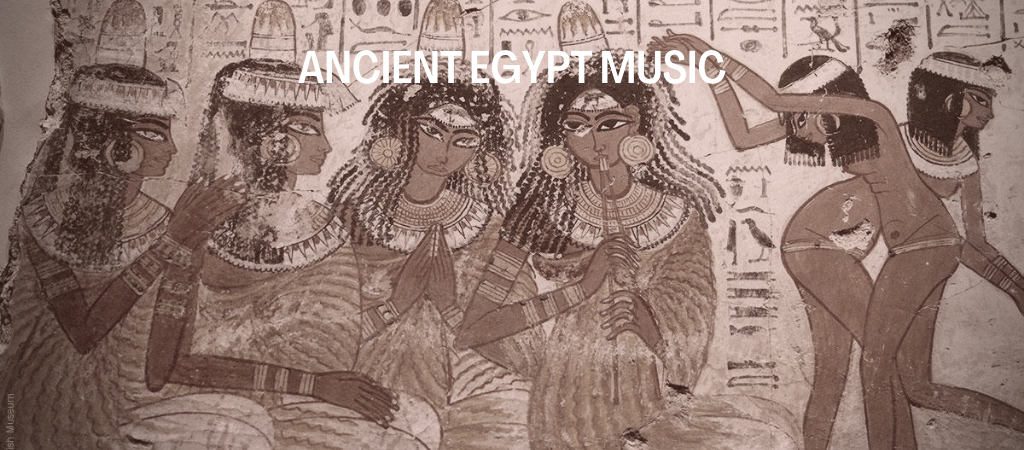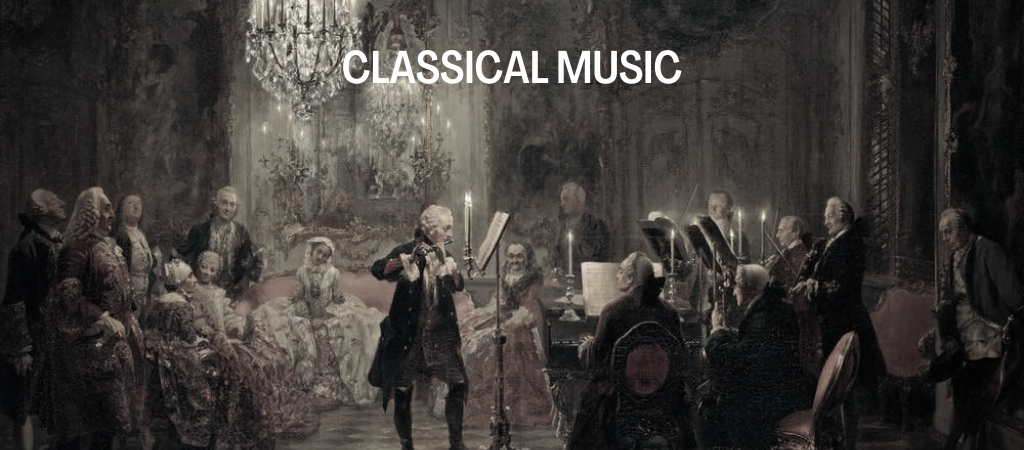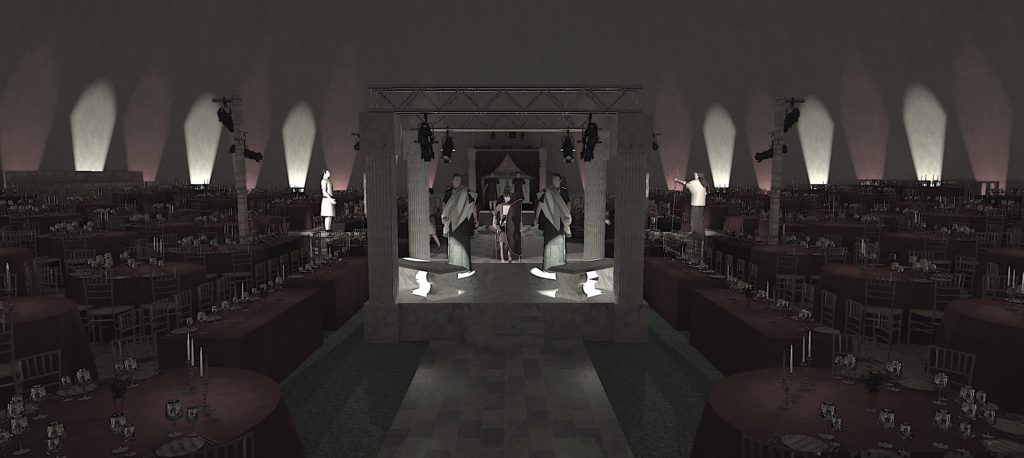MUSIC ORIGIN
Music is an artistic expression belonging to all the cultures of our planet. some sources attest to the origin of its existence at least 55,000 years ago, before the Upper Paleolithic era.
In this sense, some evidence comes from numerous bone and stone findings interpreted as musical instruments. We might assume that the earliest forms of music arose above all from rhythm to imitate, by clapping the hands or feet, the beating heart.
The first musical instruments were likely percussion instruments, presumably some drum variant.
ANCIENT MUSIC ORIGIN
The History of Music is appointed as the earliest form of musical expression with a theoretical system of sounds, connected to precise aesthetic references with its origin in ancient Greece. Still, the Egyptian civilization is one of the first civilizations with evidence of musical expression.
MUSIC IN HONOR OF THE EGYPTIAN GOD

In Ancient Egypt, music’s role was vital, and it was linked to the God Thot.
Around the fifth millennium BC, the first musical instruments were introduced, such as sticks, tablets, and rattles, used in totemic rituals.
The dances were, above all, propitiatory to hunting, magic, fertilization, and initiation rites.
In the Old Kingdom, the custom was created by a composite instrumental formation, including various flutes, arched harps, a large soundboard, simple reed instruments, and the clarinet‘s ancestors.
They added the drum, lyre, and ritual dance to entertain the spectators during the Middle Kingdom.
The appearance of more sophisticated wind instruments like the flute, horn, and string instruments, of which there are Greek, Egyptian and Mesopotamian testimonies, was around the 10th century BC.
ANCIENT ROME MUSIC
In ancient Rome, Music was a part of Roman culture and an essential part of almost every social occasion from the earliest time.
A wood print instrument called the tibia use to create traditional music at funerals and was played at sacrifices to ward off ill influences.
According to some ancient Greek theories, music, in general, was associated with mathematic and was part of the cosmos’ system.
During the Roman imperial period, Etruscans were influenced by music carried to the province, while Music from Asia Minor, North Africa, and Gauls became part of the Roman culture.
The pantomimes were a form of story ballet combining expressive dancing and instrumental music. It was the origin in Rome of the performing art for spectacles and events in the arena.
CLASSICAL MUSIC

The classical music period refers from 1750 to 1820 and is rooted in Western cultural traditions, including liturgical (religious) and secular music. European Music is distinguished from many other non-European classical and some popular musical forms.
Since the 11th century, the catholic monks developed the first forms of modern European musical notation to standardize liturgy worldwide.
In contrast, classical music has also been developed with sophisticated instruments to create a symphony, concerto, sonata, and mixed vocals such as opera cantata.
However, the term “classical music” did not appear until the early 19th century, in an attempt to distinctly canonize the period from Johann Sebastian Bach to Ludwig van Beethoven as a golden age.
Another is the creation and development of intricate pieces of solo instrumental works. The first symphonies were produced during the Classical period, beginning in the mid 18th century, and the compositions became prominent features of Classical-period Music.
INTERESTING MASHUP COMPOSITION
This Blog aims to promote our Immersive Historical Experiences. All its categories are part of its concept, providing info for any elements involved. Please consider subscribing to receive updates, promotions, and discounts when represented in your area.
![]()










